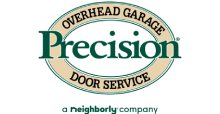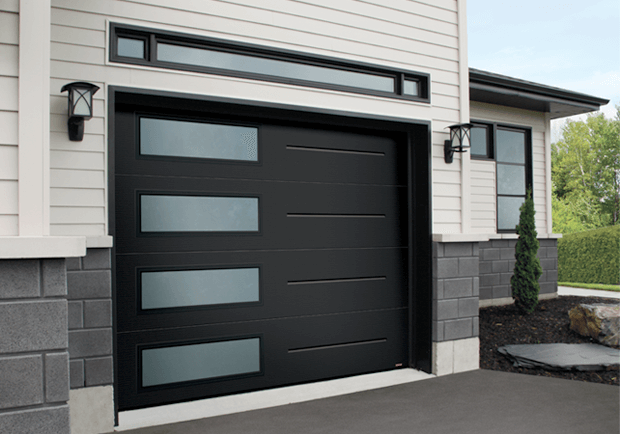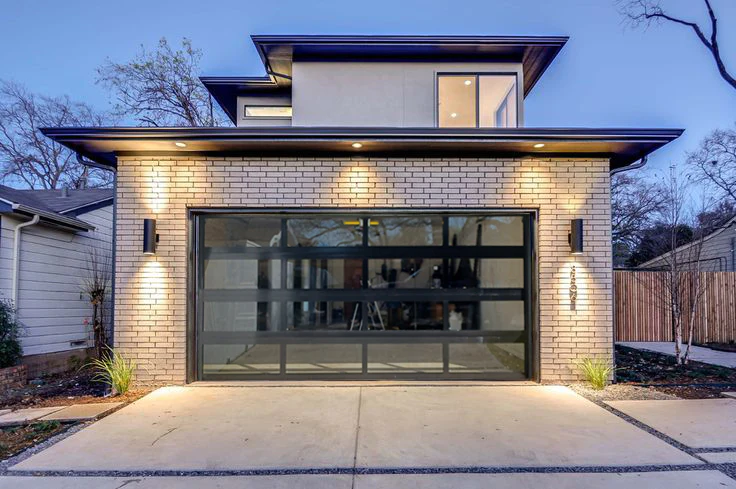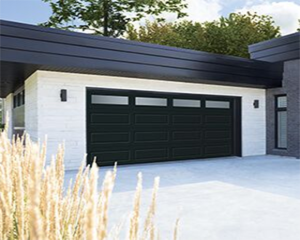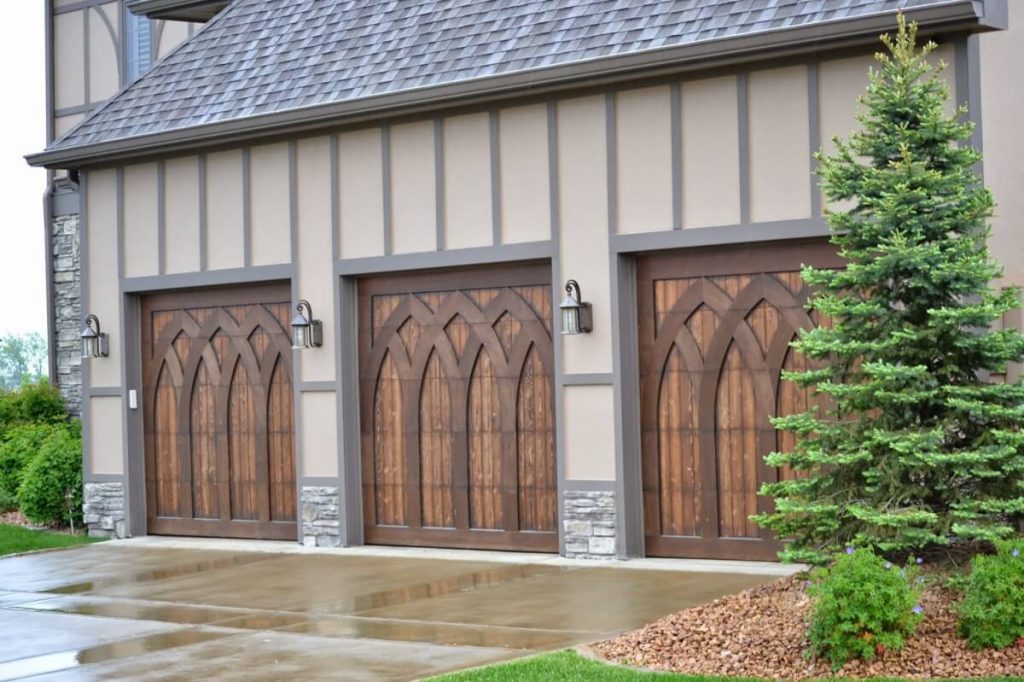[fusion_builder_container hundred_percent=”no” equal_height_columns=”no” hide_on_mobile=”small-visibility,medium-visibility,large-visibility” background_position=”center center” background_repeat=”no-repeat” fade=”no” background_parallax=”none” parallax_speed=”0.3″ video_aspect_ratio=”16:9″ video_loop=”yes” video_mute=”yes” border_style=”solid” type=”legacy”][fusion_builder_row][fusion_builder_column type=”1_1″ type=”1_1″ layout=”1_1″ background_position=”left top” background_color=”” border_color=”” border_style=”solid” border_position=”all” spacing=”yes” background_image=”” background_repeat=”no-repeat” padding_top=”” padding_right=”” padding_bottom=”” padding_left=”” margin_top=”0px” margin_bottom=”0px” class=”” id=”” animation_type=”” animation_speed=”0.3″ animation_direction=”left” hide_on_mobile=”small-visibility,medium-visibility,large-visibility” center_content=”no” last=”true” min_height=”” hover_type=”none” link=”” border_sizes_top=”” border_sizes_bottom=”” border_sizes_left=”” border_sizes_right=”” first=”true”][fusion_text]
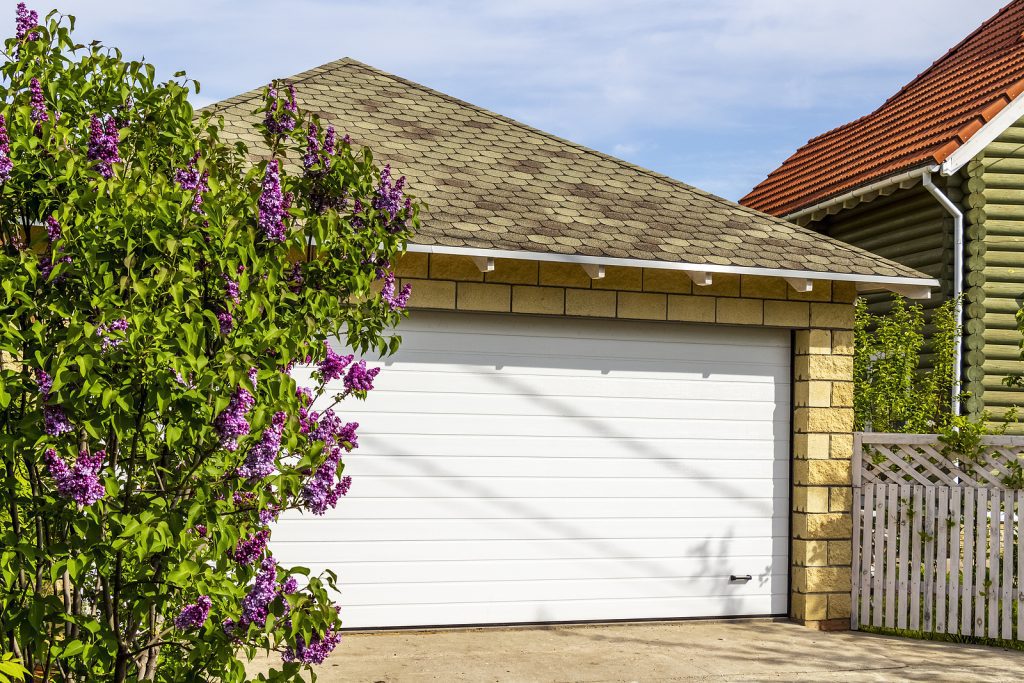
Since a good garage door can last several decades, you might not be that familiar with how to buy a new one. Homeowners often decide to upgrade so they can enjoy modern garages. But if your garage door is crooked, squeaks, or has other issues, it may be time for a replacement.
When you decide that garage door repair is no longer enough, even shopping for a standard garage door comes with numerous challenges. Here are 10 tips to help you get started.
1. Know the Average Price of Garage Doors
With a new garage door, cost is affected by the type of model, its size, and features, and accessories. Here, we’ll consider double 16- x 7-foot doors of different materials. An aluminum garage door, on average, costs from $1,500 to $2,000. Steel doors cost from $750 to $3,500 and include single-layer non-insulated models and units up to three-layers thick.
Wood, while its distinct look, costs about $1,200 to $4,000. A few types of wood garage doors are moisture-resistant, including cypress, cedar, and redwood, although they still require maintenance to prevent garage door issues. However, you can save in upfront costs and maintenance with a composite wood door that looks just like real wood but costs $1,200 to $2,200 on average.
2. In-Person Quote
Always have a knowledgeable salesperson visit your home. No two garages are exactly alike, so you won’t cut any corners by ordering a garage door online or by phone. Have a professional measure the opening. Its size, shape, side clearance, and headroom must be precisely measured to match your design needs. A salesperson can answer all your questions, address every factor, and help you find the most affordable option.
3. Insulated or No?
Your garage door covers a large surface area and affects the overall energy efficiency of your home. To make matters worse, most garages don’t have heating. If you have an attached garage, an insulated door is the best option for temperature control, efficiency, and noise reduction. Upgrading from extruded polystyrene to polyurethane insulation can cost up to 20% more, but raises the garage door’s R-value from R-9 to R-18.
In addition, modern units are more tightly sealed to eliminate a garage door gap. This prevents air leakage and keeps out dust, pollen, and bugs. It also helps protect your garage door and garage from the elements.
4. Add to Home Resale Value
When choosing a garage door and its features, budget according to the impact on home resale value. Garage doors tend to retain more value than other renovations. It’s also very likely you’ll get a higher sale price on your home from potential buyers. Plus, replacing a residential garage door doesn’t take much time.
5. Purchase High-Quality Springs
Torsion springs support the garage door when it opens and closes. They are rated by the number of cycles in their expected lifespan. While standard torsion springs have a 10,000-cycle rating, for a few extra bucks you can buy 20,000-cycle springs. These can last years longer, especially when you consider the number of times you open and close the garage door each day. High-quality springs are much less likely to fail prematurely.
6. Use a Professional to Install
A garage door installer may charge a few hundred dollars for labor. This is worth it because going the DIY route with garage doors can cost a lot more. There are many complex parts. Installation also requires using special tools to wind the spring. Then there’s all the work of removing the old door, discarding materials, and making sure the new one works. A contractor can do this in about four hours and address any problem that arises.
7. Purchase a Strong Motor
Unless you have a lightweight garage door, a higher horsepower motor is the best way to go. You’ll need that power to keep the door working reliably. This is one reason to work with a garage door designer, as they can help choose the right motor for your system.
8. Don’t Cut Corners on Door Quality
Poor quality can leave you with all kinds of problems, from garage door noise and vibration to reduced operating life. Inferior materials can be less insulating. That can make your garage less comfortable to work in and adjacent rooms noisy. A poor-quality garage door can even create security risks as it may be easier to break into. Therefore, investing in quality is essential, and can even ensure the door blends with your home stylistically.
9. Good Rollers Equal Less Noise
Nylon rollers are quieter and high-quality ones aren’t hard to find. While you’d think steel is more durable (and it is), it tends to corrode over time. Stainless steel rollers also cause steel to run against steel, generating more noise. Containing more ball bearings, nylon rollers are ultra-quiet. Nylon also holds up in a variety of conditions. Whatever you do, stay away from cheap plastic rollers; they’ll only last a couple of years under the weight of a garage door.
10. Purchase Door and Opener Together
When replacing old garage doors, it’s wise to get a garage door opener at the same time. An older system will fail at some point. You can have the same contractor install both, possibly with savings on labor. Some companies offer package deals on new garage doors and openers. Another advantage is modern openers are quieter, more efficient, and come with a more diverse choice of features, such as lighting, remote monitoring, and Wi-Fi control.
Contact Precision Door Service of Las Vegas
We install and repair garage doors of all types from leading manufacturers. Help is also available for choosing a standard garage door or custom model for your home. Whether you need help picking a material, style, or garage door colors (we have light or dark garage doors and everything in between), we’re here to help. Our repair technicians can assist if your garage door squeaks, is crooked, or fails. Contact us at 702-637-2700 for a friendly quote, a lifetime warranty, and competitive pricing.
[/fusion_text][/fusion_builder_column][/fusion_builder_row][/fusion_builder_container]
